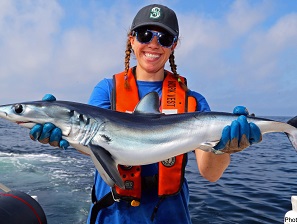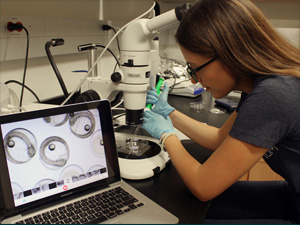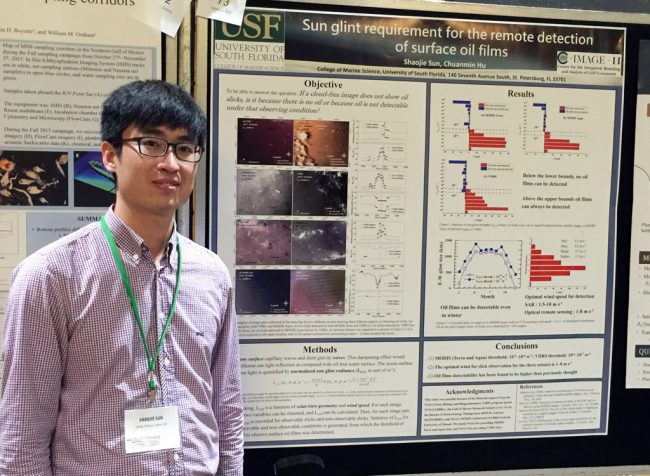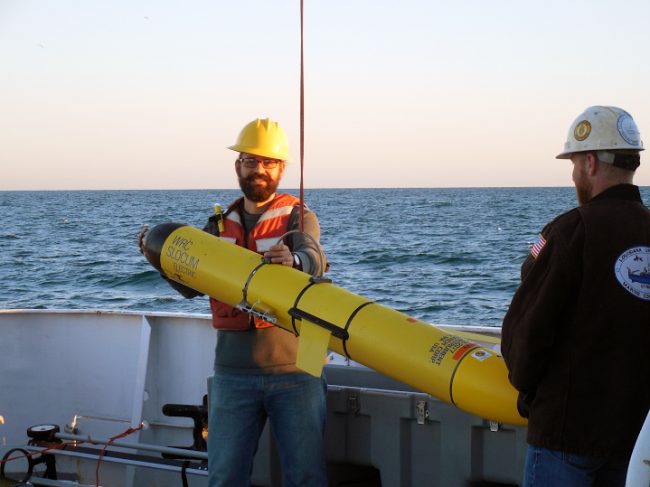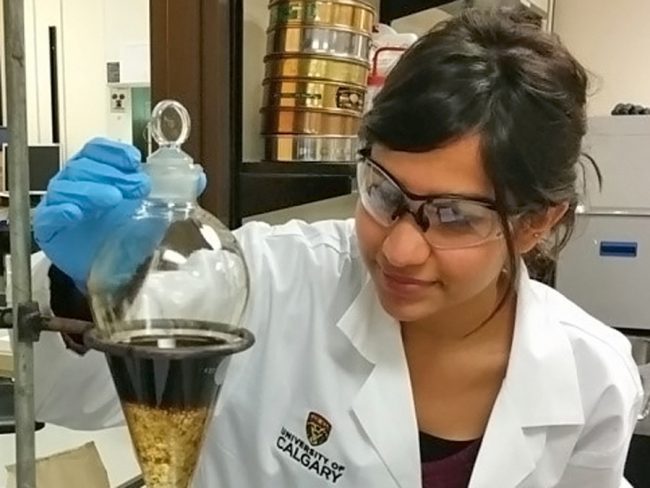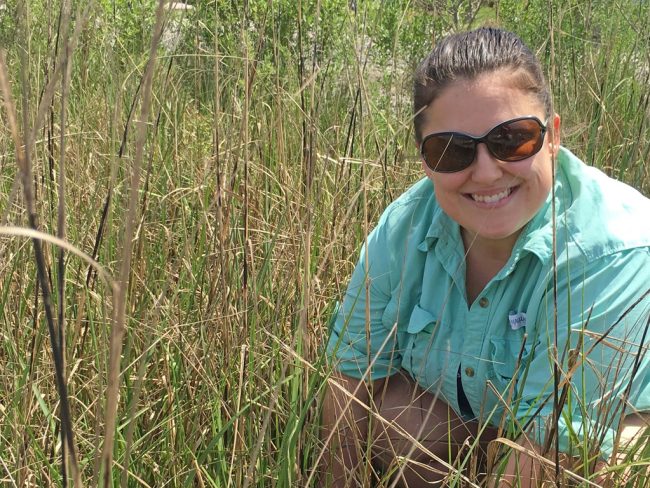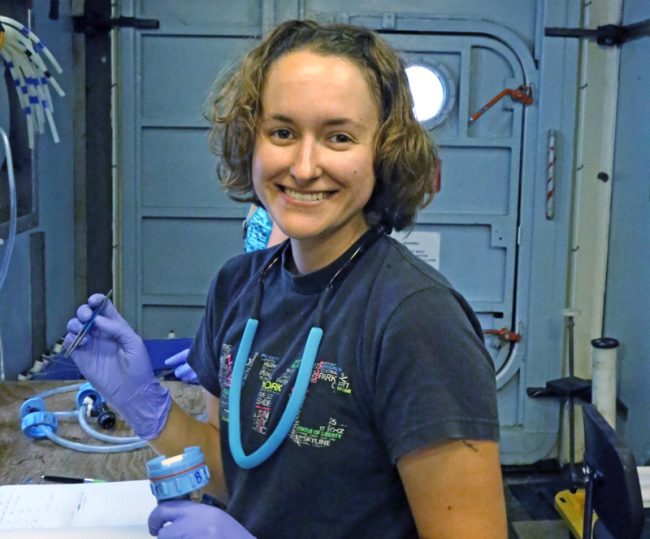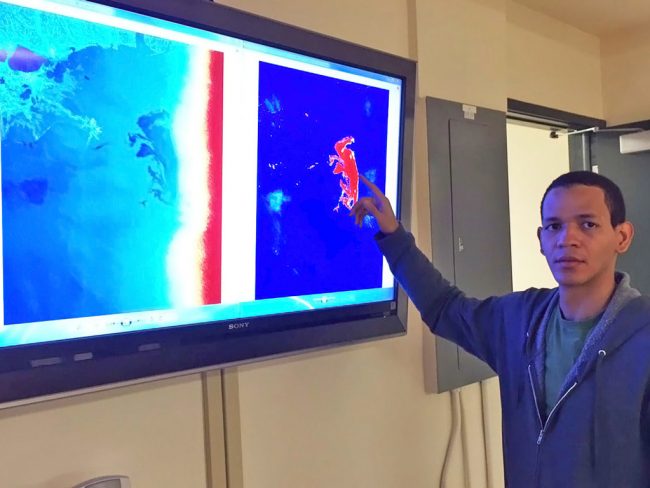How Grad Student Seubert Interprets Gulf of Mexico Resiliency Using Predator Diet
Major environmental disturbances such as oil spills can alter a marine ecosystem’s structure and even cause species losses or additions in impacted areas – changes which may have long-term consequences for an ecosystem’s functions.

